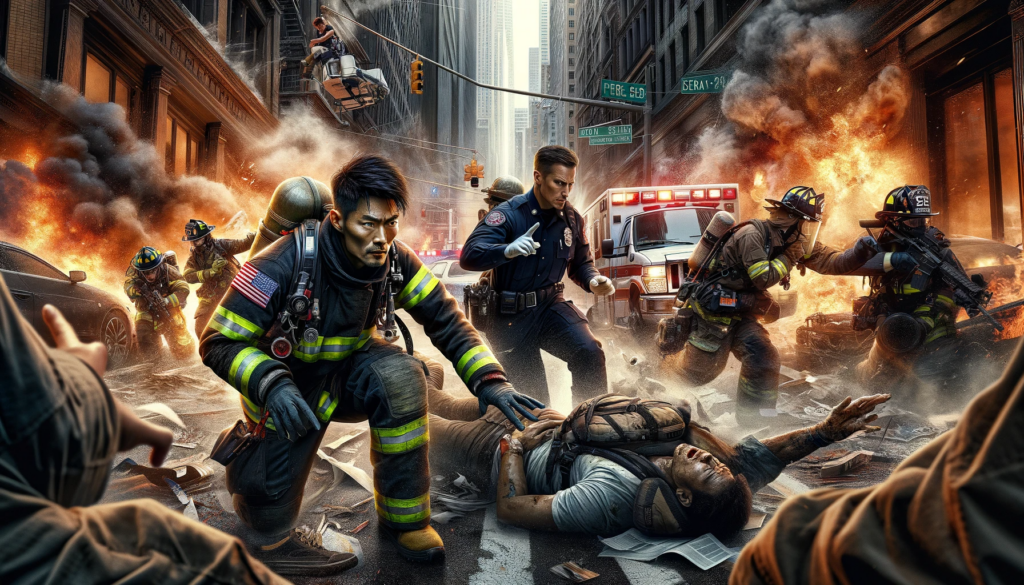In the realm of emergency services, time is a luxury seldom afforded. When disaster strikes, every second counts, and the actions taken in those initial moments can mean the difference between life and death. This article delves into the high-pressure world of first responders, the unsung heroes who often stand as the thin line between calamity and safety.

The Race Against Time
For first responders, whether they are paramedics, firefighters, or police officers, time is an ever-present adversary. Their work is a constant race against the clock, where delays can have dire consequences. We’ll explore how these professionals are trained to make rapid, yet calculated, decisions under immense pressure.
A Day in the Life of a First Responder
- Emergency Medical Technicians (EMTs) and Paramedics: These are the medical warriors on the frontline. From performing CPR to stabilizing trauma victims, their quick actions in the critical first minutes of a medical emergency can significantly increase survival rates.
- Firefighters: Beyond battling blazes, firefighters often are the first to arrive at various emergencies, including car accidents and hazardous material spills. Their ability to assess situations quickly and take decisive action saves not only lives but also property and the environment.
- Law Enforcement Officers: Police officers often find themselves as the first point of contact in crises. Their role extends beyond law enforcement; they provide immediate assistance, secure accident scenes, and ensure public safety.
The Psychology of Quick Decision-Making
The ability to make split-second decisions is not just a skill; it’s a mindset. We delve into the psychological training and the mental fortitude required to stay calm and focused under extreme stress. First responders are trained to assess situations rapidly, prioritize actions, and execute their duties efficiently.
The Impact of Technology on Response Times
Advancements in technology have significantly enhanced the capabilities of emergency services. From GPS tracking in ambulances to drone surveillance for firefighters, technology plays a pivotal role in improving response times and operational efficiency.
Training for Excellence
Behind every swift response is a backdrop of rigorous training. First responders undergo extensive training regimes that prepare them for a myriad of emergency scenarios. This section explores the various training programs and simulations that hone their skills and decision-making abilities.
Community Involvement and Public Education
Public awareness and community involvement are crucial in supporting the work of first responders. Initiatives like CPR training for civilians and educational programs on emergency preparedness can make communities safer and more resilient.
Conclusion: A Tribute to Our First Responders
In recognizing the critical role of first responders, we pay homage to their unwavering dedication and bravery. They are the guardians who stand ready at a moment’s notice, ensuring our safety and security. Their stories of courage and commitment remind us of the vital role they play in our society.
